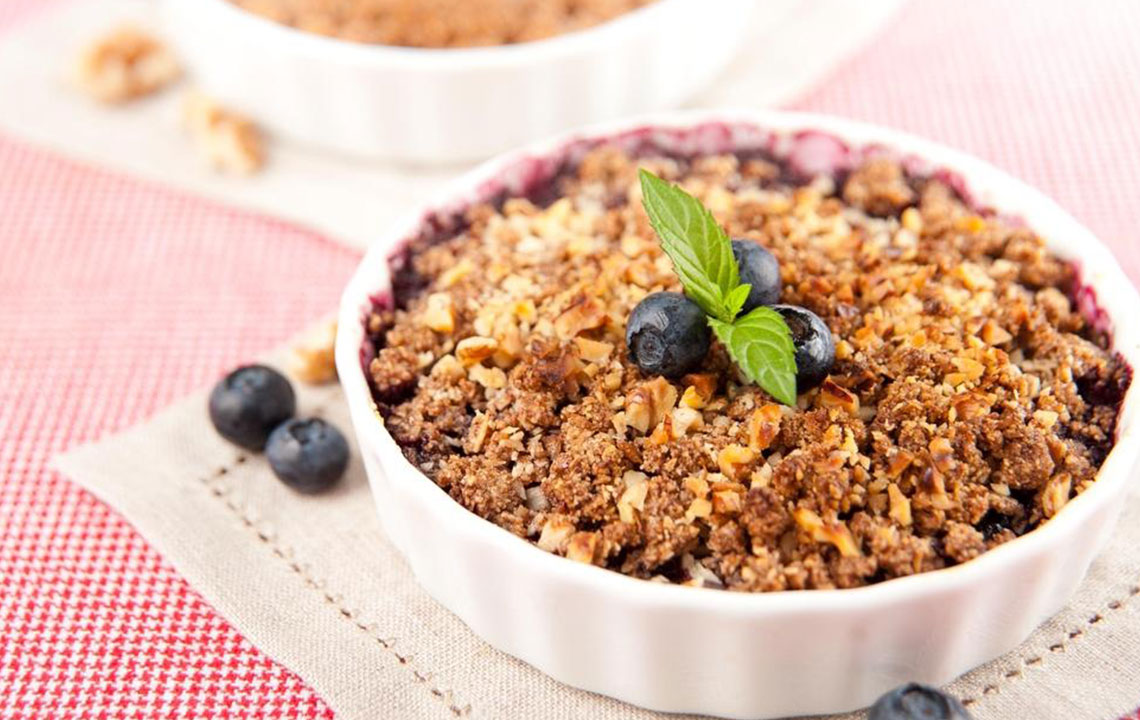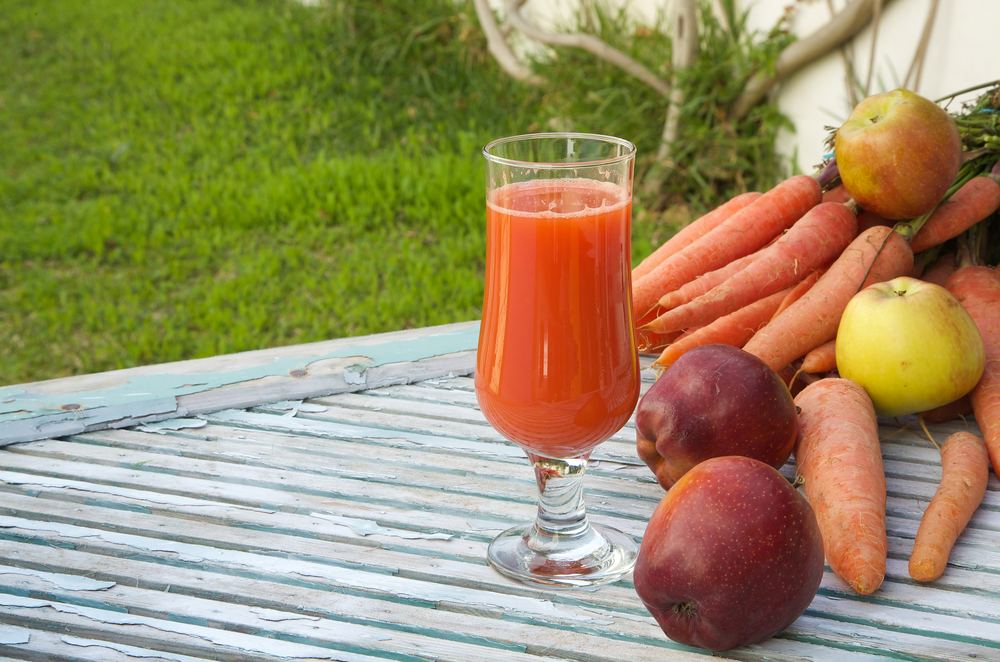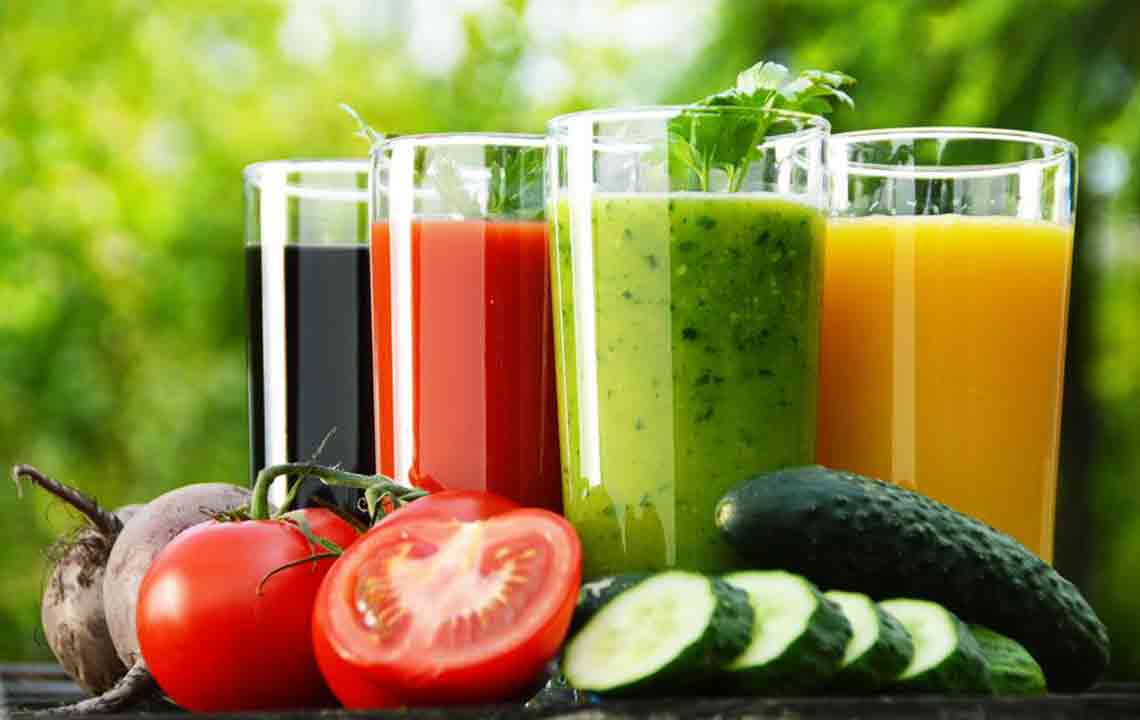Comprehensive Approaches to Prevent and Reverse Kidney Disease
This comprehensive guide explores effective strategies to prevent and reverse early-stage kidney disease through lifestyle modifications, dietary recommendations, medical treatments, and natural remedies, emphasizing the importance of proactive healthcare. Suitable for individuals at risk or diagnosed with early kidney issues, it provides practical insights into maintaining renal health and preventing disease progression.

Comprehensive Approaches to Prevent and Reverse Kidney Disease
Kidney health is a vital aspect of overall well-being, yet approximately one-third of adults around the world are at risk of developing kidney-related problems. The primary contributors to kidney issues include chronic conditions such as diabetes mellitus and hypertension, which are increasingly prevalent in modern society. Beyond these, age plays a significant role—individuals over 60 years old are more susceptible—as well as genetic factors, with a family history of kidney disease elevating risk. Despite these challenges, emerging medical advancements combined with proactive lifestyle adjustments offer promising avenues for preventing progression and even reversing early-stage kidney dysfunction.
Understanding how to safeguard kidney health involves several key strategies rooted in both medical management and lifestyle optimization. Addressing risk factors early and effectively can dramatically improve outcomes. In this comprehensive guide, we explore preventive measures, dietary guidelines tailored for kidney health, medical treatments suitable for early-stage kidney disease, and natural remedies that may support renal function.
Essential Preventive Strategies for Kidney Health
Maintaining Optimal Blood Pressure—High blood pressure or hypertension is one of the leading causes of kidney damage. Regular monitoring, adherence to antihypertensive medications when prescribed, and lifestyle modifications such as reducing salt intake and engaging in regular physical activity can keep blood pressure within healthy ranges, thereby protecting kidney function.
Managing Cholesterol Levels—High cholesterol contributes to vascular damage, which can impair renal blood flow. Incorporating heart-healthy foods, engaging in aerobic exercise, and taking lipid-lowering medications when necessary help reduce the strain on kidneys and prevent further deterioration.
Dietary Recommendations for Kidney Preservation
Eating Kidney-Friendly Foods—Opt for vegetables rich in antioxidants and fiber such as broccoli, zucchini, onions, and cucumbers. These foods support renal health and help reduce inflammation. Limit intake of potatoes, avocados, cooked spinach, and asparagus, which can be high in potassium or phosphorus, especially in advanced stages of kidney disease.
Reducing Sodium and Phosphorus Intake—Excessive salt promotes hypertension and fluid retention, putting additional stress on the kidneys. Limiting salt, processed foods, fried items, and dairy products can mitigate this. Controlling phosphorus intake is equally important to prevent mineral imbalances and bone issues associated with kidney disease.
Medical Interventions for Early-Stage Kidney Diseases
Blood Pressure Management—Medications such as ACE inhibitors or angiotensin receptor blockers (ARBs) are commonly prescribed to reduce blood pressure and slow kidney damage.
Addressing Swelling and Bone Health—Diuretics may be used to control edema, while vitamin D analogs or supplements support bone health and prevent mineral imbalances.
Treatment for Anemia—Anemia, a common complication of kidney disease, can be managed with erythropoietin-stimulating agents and iron supplements to increase red blood cell production.
Cholesterol Control—Statins and other lipid-lowering medications help maintain healthy cholesterol levels, reducing cardiovascular risks and supporting renal health.
Natural and Complementary Remedies to Support Kidney Function
Gokshura (Tribulus terrestris)—An Ayurvedic herb traditionally believed to promote urination, reduce kidney stones, and alleviate discomfort. Consultation with a healthcare professional is advised prior to use to ensure safety and proper dosage.
Baking Soda—A small amount of baking soda mixed with water may help slow disease progression by neutralizing acidity and reducing kidney workload, but should only be used under medical supervision.
Cherry Flower Decoction—Herbal infusions made from cherry blossoms can promote urination and assist in waste elimination, supporting overall renal health.
While these strategies offer hope for those with early kidney issues, it is crucial to work closely with healthcare providers. Personalized plans combining medical treatment, lifestyle adjustments, and natural remedies can significantly improve quality of life and protect kidney function over time.
Prevention remains the best approach: regular health screenings, early intervention, and mindful living can help avoid the progression of kidney disease. With ongoing research and advances in treatment options, managing kidney health effectively is more achievable than ever before.





